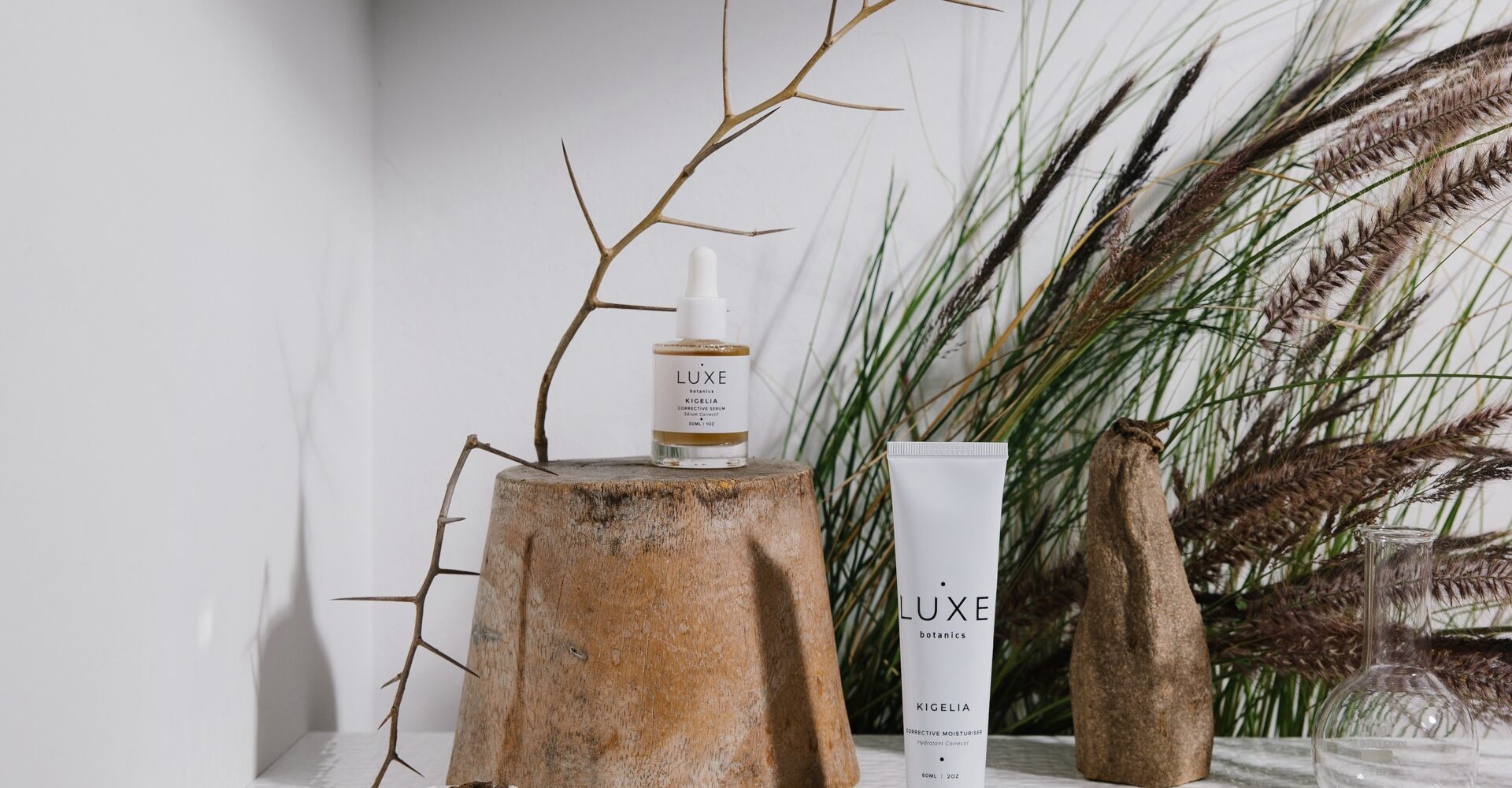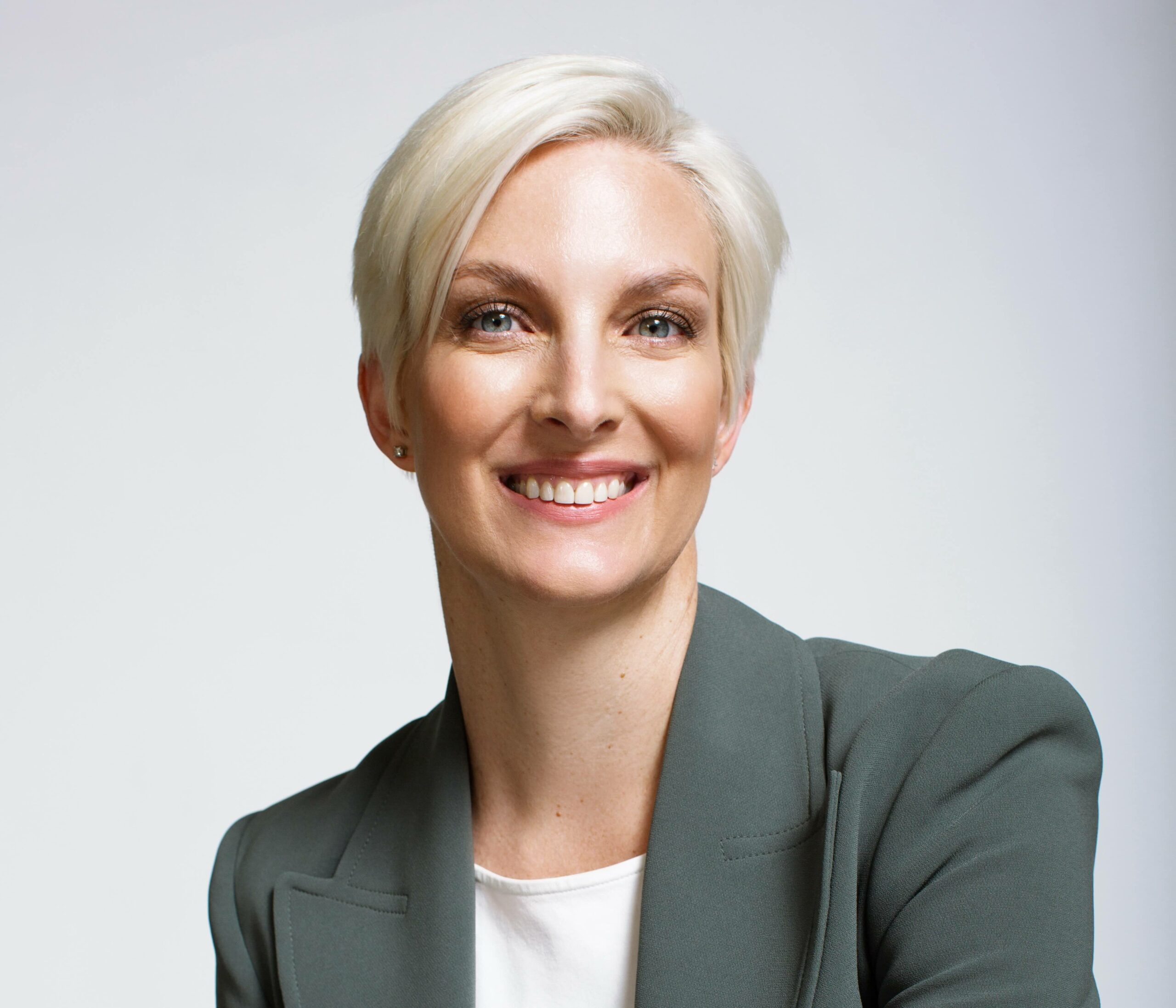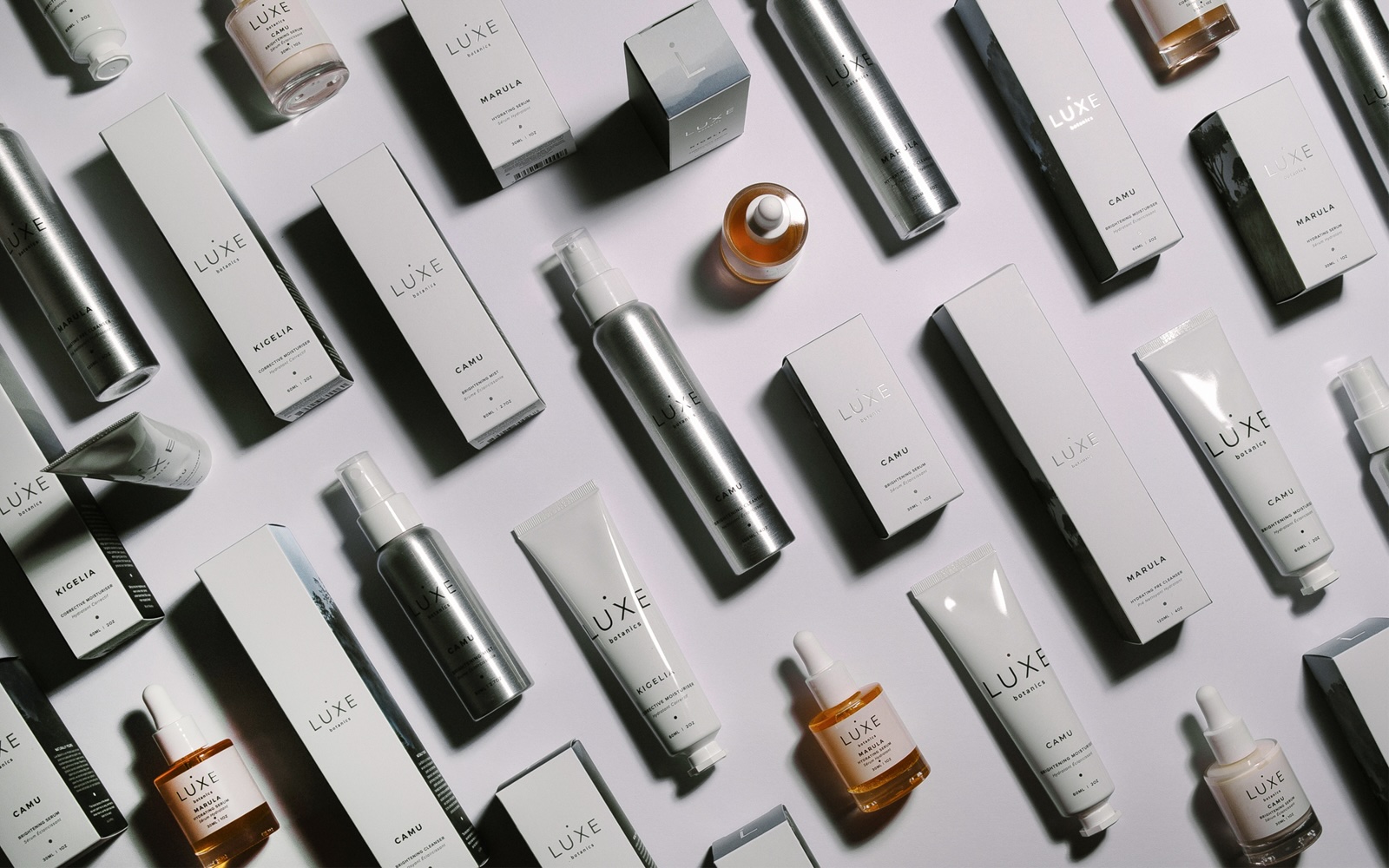
Luxe Botanics And Activist Beauty Founder Jene Roestorf On The Anguish Of Closing A Brand—And The Relief On The Other Side
Brand founders routinely ask Jene Roestorf what it feels like to have closed her eco-luxury botanical skincare brand, Luxe Botanics. “A huge weight has been lifted,” she tells them. “I think you expect that to happen, but until it actually happens, and you realize that you are actually happier on the other side, I just don’t think you believe it.”
Less than a year after Luxe Botanics informed its customers in November it would shutter, Roestorf talked to Beauty Independent about the excruciating decision to help her founder peers who might be weighing it. Obviously, every business has unique challenges and assets, however, if their brand has been struggling for a year or so, she advises founders to seriously consider it.
Roestorf, a scientist and globetrotter who put marula oil at the heart of Luxe Botanics to provide income to Maasai women in Kenya who wild-harvested and processed marula nuts, pondered closing the brand for the better part of 2023. In 2022, its sales dropped over 50%, and while it was on course to match 2021 sales in 2023, a return to significant growth seemed unattainable.
At its height, Luxe Botanics generated around $1 million in annual sales. Founded in 2015 in Singapore, it raised roughly $1 million in funding in 2018 from six angel, family office and venture capital investors and was gross profit positive in 2019 following a rebrand that increased its prices 20% to 30% to improve margins. At closing, it had eight full-size stockkeeping units, including Marula Hydrating Serum, Kigelia Corrective Serum, Kigelia Corrective Moistuerizer and Camu Brightening Mist, and three discovery kits.

Prior to the pandemic, retail accounted for 70% of Luxe Botanics’ sales. It was carried by retailers in 11 countries: United States, United Kingdom, Canada, Barbados, Spain, France, Israel, Singapore, Hong Kong, Vietnam and Australia. The pandemic’s wipeout of stores was devastating for its business. Simultaneously, the rise of digital advertising costs made it difficult for it to compete in direct-to-consumer distribution.
If Roestorf was forced to endure Luxe Botanics’ final year of struggles again, she wishes she would’ve closed it months earlier to save herself emotional anguish. Ultimately, it took outside support, business coach Colette Simone, for her conclude she had to pull the plug on the brand. Simone came recommended by Aggie Burnett, the beauty brand strategist and founder of AB Creative.
In August of last year, Roestorf had a two-hour session with Simone in which she cried almost the entire time. She recalls, “It was very detailed going into who you are as a person, what your ‘why’ really is, how it comes out into the world, and how is that showing up in business?” At the end of the session, Roestorf shelved any doubt she had about closing Luxe Botanics.
“She made me realize that the sustainability at the heart of what I’d created and specifically the upliftment of women was something I had the power to do in many ways in my life,” she says. “If I did it through something else, it wasn’t that I was letting people down or letting those communities down. That was my biggest worry.”
“A huge weight has been lifted.”
Roestorf’s partner at Luxe Botanics, co-founder Rachel Chan, was a worry, too. Roestorf held a majority stake in the brand, and Chan held a minority stake. “I was holding the consequences of someone else’s life in my hands, and I was the only one that had the power to really set us free. I was the one that had to make the hard decision,” says Roestorf. “The way that I told her was, we are doing this because we need to be set free of this. We need to find other ways. This just isn’t it anymore. It was really hard. We had a really tough three months up until November. It was awful.”
Based on her experience, for brand founders deliberating over whether to close their brands, Roestorf recommends they ask themselves, “No. 1, what is the reason that you wanted to bring a business into the world with the purpose you had for it? No. 2, can you use that purpose in an alternative way? That is the key to unlocking the fear. If you don’t figure out why you did it and how you can use that why for something else, you’re always going to be locked inside that business, and it’s just going to cause you even more pain.”
Roestorf and Chan have moved on to different ways to practice their passion for sustainability. Chan is working in public relations and marketing at a sustainable travel company. During the pandemic, Roestorf began consulting for brands on sustainability practices, scientific and growth strategies and regulatory compliance to get extra cash, and her consultancy Activist Beauty has become her main gig. Among its clients are Activist Manuka, Captain Blankenship, Corpus, Luma & Leaf, Maison D’Etto and Roz.
In October last year, Roestorf and Chan contacted retailers to notify them that Luxe Botanics was closing. Roestorf has plumbed her network to try to sell the brand. Most parties expressing interest have wanted its customer data, and she’s not interested in throwing it into a deal. She may still sell formulations to a brand founder.

Roestorf has rebuffed low prices for Luxe Botanics from brokers. “In the end, it’s just not actually worth it going through that process,” she says. “You always think that what you have is worth more than it is because you’ve tied your whole self into this thing, and sometimes it’s actually better just to let it go.”
Although Roestorf has no regrets about closing Luxe Botanics, she admits she’s disappointed that sustainability doesn’t have greater selling power. “It’s a tick box in consumers’ minds,” she says. “Sustainable, ethical, clean brands are the ones that should be succeeding. They deserve to succeed, but I don’t feel like the market conditions are there anymore.”
Roestorf’s whole self is no longer tied up in being a brand founder. At Activist Beauty, she figures her opportunities have quadrupled, and she’s been able to enroll in a master’s program in sustainability and business innovation EADA Business School that’s sparked her intellect and hope.
“You’re one of so many things, and there is a path in one of those,” says Roestorf. “To me, it’s been really positive.”





Leave a Reply
You must be logged in to post a comment.